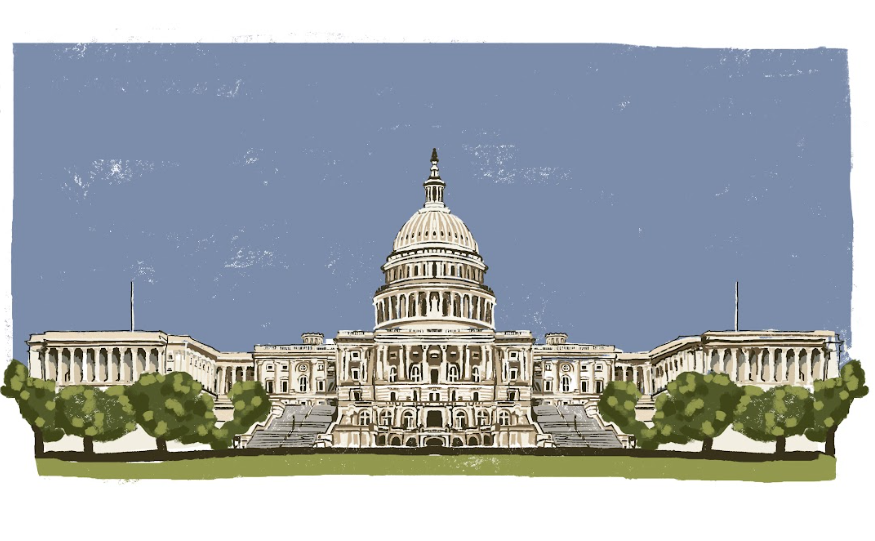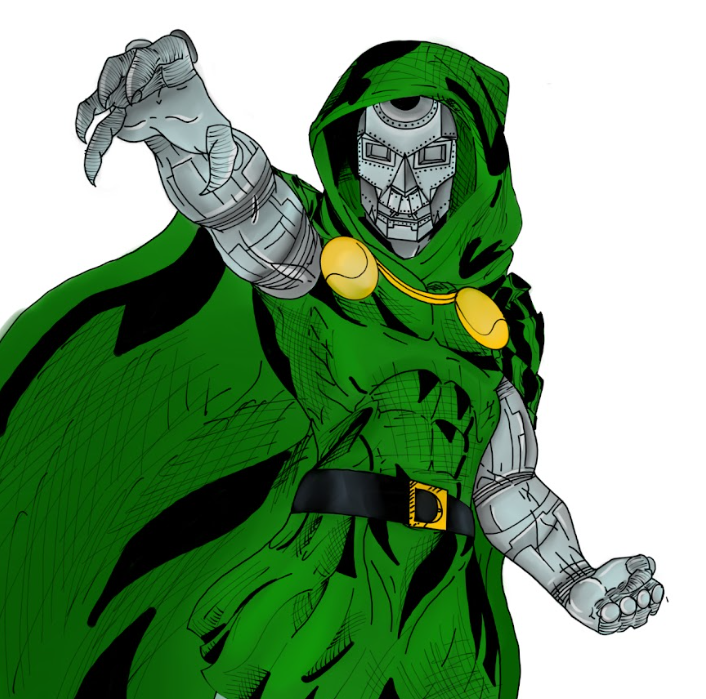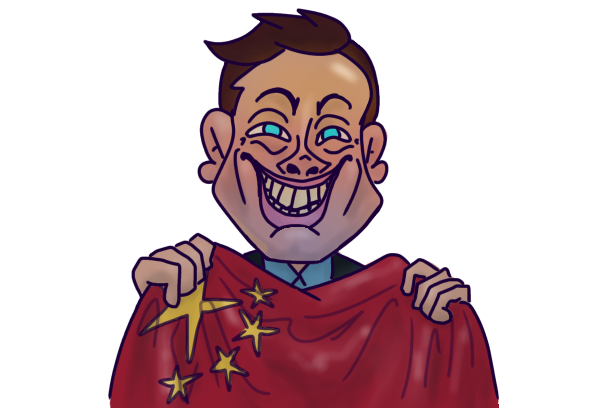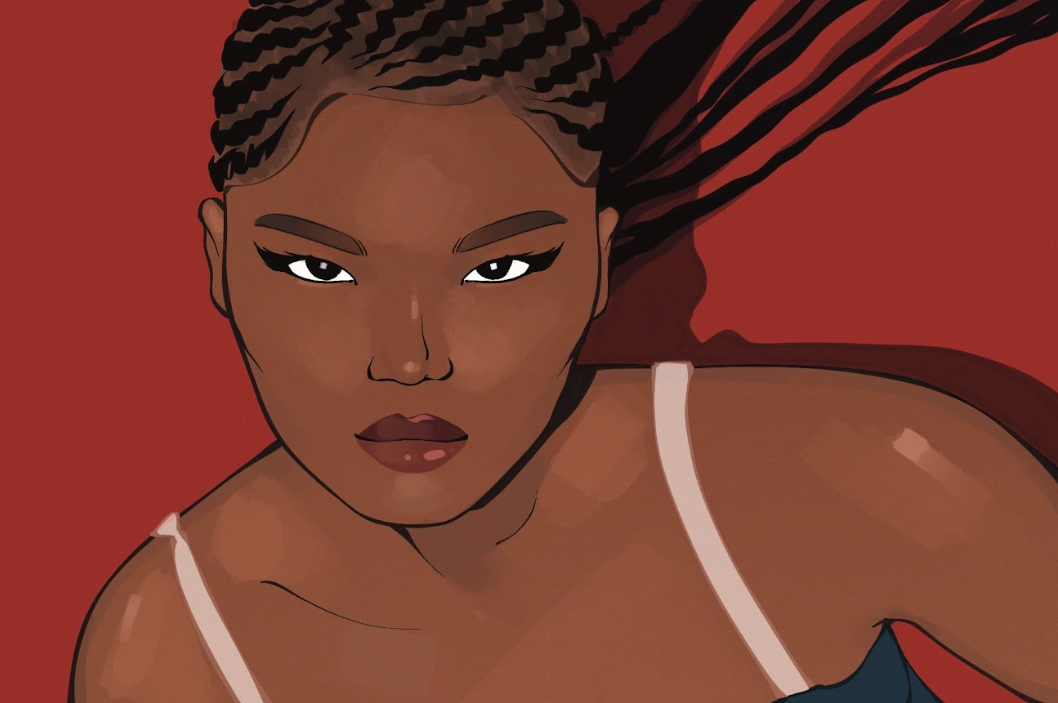For ages, society has struggled with sexism and misogyny, but sometimes it is hidden in plain sight. After years of battling for equal rights and opportunities, many have still struggled to come to terms with the most common form of sexism — internalized misogyny.
Internalized misogyny is the belief by women and girls that sexist stereotypes about them are true; it is an internal dislike and sometimes hatred women have for other women and sometimes even themselves. It is easy to be oblivious to it, especially as a girl grows up in the patriarchy, where women are shamed for being feminine, sexual, emotional and oftentimes, simply existing. The famous line, “I am not like other girls,” is rooted in misogyny, as if it were something shameful to be like other women and embarrassing to be feminine — worst of all, it keeps women confined to the male gaze, the silent, sneaky suffering need to perform for male validation.
So what is being “woman’d?” The term was coined by Rayne Fisher-Quann, and it defines the moment when “everyone stops liking a woman at the same time.” It is a transition that seemingly happens overnight. The public begins to idolize a woman, she could be an actress, an influencer or a singer — it does not matter, because she is the new “it-girl.” She is on the cover of every magazine and the center of every post on TikTok and Instagram feeds, the public wants to be her, they cannot stop consuming her content — she is funny, she is raw, she is sexy, but all of a sudden, the public does a full 180, and everyone starts to have a unanimous distaste for her.
Soon, people begin to caption their videos: “Unpopular opinion, but I cannot stand her,” or “She is so annoying, her fame is undeserved,” but what happened, and where did this come from? She has been “woman’d.”
This has been seen for years, it was done with Charli D’Amelio’s rise to TikTok fame, Rupi Kaur’s idolized poetry and Tara Yummy’s short-lived stardom. It is not a classic case of cancel culture, where a famous person does something controversial and everyone decides to exile them from fame’s eye, it is an unfair and sudden hatred for famous women. A woman goes from being loved by everyone to being hated, analyzed and scrutinized severely, but why?
It all leads back to misogyny. Many women have gone through an inexplicable phase while growing up where they wanted to be different from other girls. Many found themselves suddenly hating the color pink, hating dresses, hating feminine characters — “That is too girly,” would be whispered among friends. Strong Characters like Katniss Everdeen and Black Widow were idolized, while characters like Hermione Granger, Amy March and Elle Woods were dismissed. Feminine characters, whose strength and power relied on exactly that — their unapologetic femininity paired with their desire to follow their dreams.
Many women outgrow internalized misogyny as they come to terms with their identity and the identities of the women around them. Women begin to cheer on female leaders, women in STEM and stay-at-home mothers, because they all embody feminism: a woman doing what she wants to do, not what she is told she should do. However, not all women outgrow their internalized misogyny. Many sit idly by, judging women for their choices, their sexuality and their sense of expression and identity. These women place others’ opinions on a pedestal, and this only strengthens the impact and harm of women getting “woman’d”.
For most women, internal sexism is discreet and subconscious and it forms from low self-esteem. It comes from an inner burning desire to be liked, after all, to be a woman is to perform. Many of us are still blind to it, but what is worse, is when it obvious it in others, and missed in ourselves.
The more power given to public opinion and the more importance women give to being liked, the more the force of getting “woman’d” is strengthened. It is long overdue that women start supporting women, and this starts within. Once people work on loving themselves and building confidence from within rather than through external validation and likes and shares, being disliked will not be as soul-crushing. Getting “woman’d” will no longer have power over us, and that will make it cease to exist. Why is it so important for a woman to be liked? Oh, wait — it is not.










